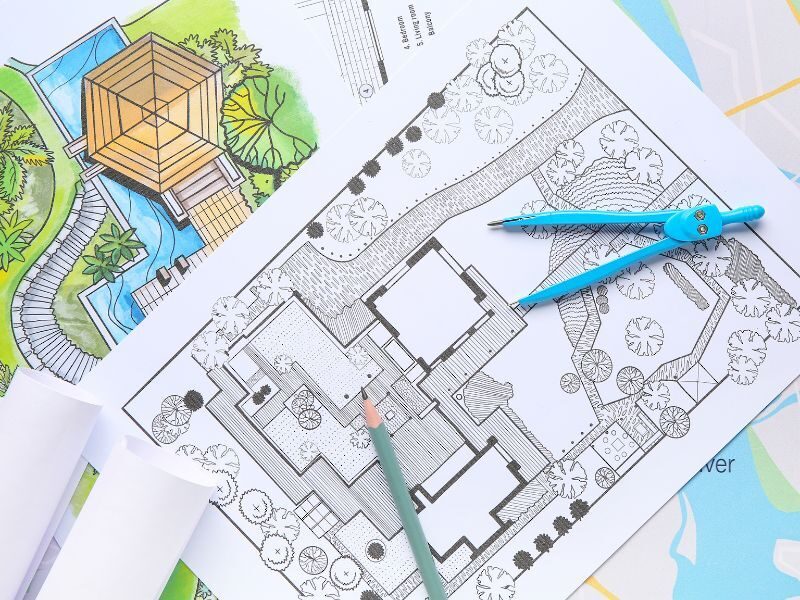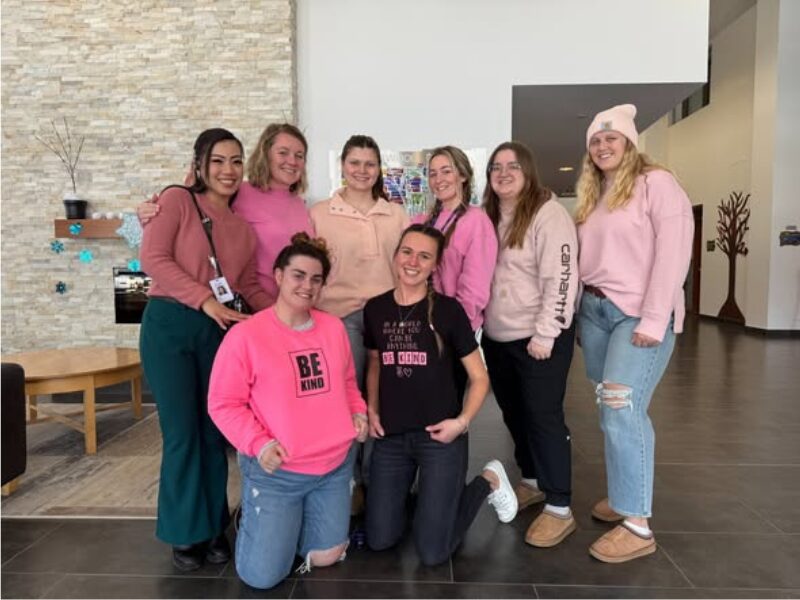Tips for Following-Up After an Interview

Following up after an interview is one practice that is commonly ignored but that can help lead you to success! Here are 4 reasons why sending a follow-up email matters and how it helps you stand out from other candidates:
1) It Shows Professionalism
Sending a follow-up email or letter after an interview shows professionalism and organization. It confirms that you are serious about the position you interviewed for. Moreover, it can leave a good impression and display your attention to detail and regard for procedure.
2) Adds Additional Information
During an interview, it’s possible that you might forget to talk about some of your key points or qualifications, or they might not get the attention they deserve. A follow-up email/letter gives you the opportunity to address these points or clarify any aspects that might not have been fully discussed.
3) Keeps You on Their Radar
In a busy hiring process, it’s easy for candidates to be forgotten among numerous interviews and decisions. A follow-up message helps you stay on the interviewer’s radar, reminding them of your qualifications and keeping you fresh in their memory as they make their final decision.
4) Provides Closure and Clarification
If there were any uncertainties about the role or the next steps of the hiring process, a follow-up email or letter can provide the clarity you need. This is because it allows you to ask any questions you have for the employer such as the timeline for decisions or next steps in the process. Then you’ll know what to expect.
Tips for an Effective Follow-Up
To make your follow-up as effective as possible, consider the following tips:
Send It Promptly: Aim to send your follow-up message within 24 hours of the interview. This keeps the interaction fresh in the interviewer’s mind and shows that you are prompt and attentive.
Be Genuine and Specific: Reference specific topics or conversations from the interview to make your follow-up personal and sincere.
Keep It Brief: Be concise and to the point. A few well-written paragraphs are usually sufficient to convey your message.
Proofread: Ensure that your message is free of spelling and grammatical errors. Professionalism extends to the quality of your written communication.
Following up after an interview with an email or a letter is a powerful step that can leave a positive impression on an employer. In today’s competitive job market, make this extra step a routine in your job search as it can make the difference in landing the job you want!
Instagram Feed
"Since being housed, I have been able to work towards many of my goals, I have addressed my health concerns, and I have been able to strengthen many of my relationships. I am very grateful for Lutherwood's help."












